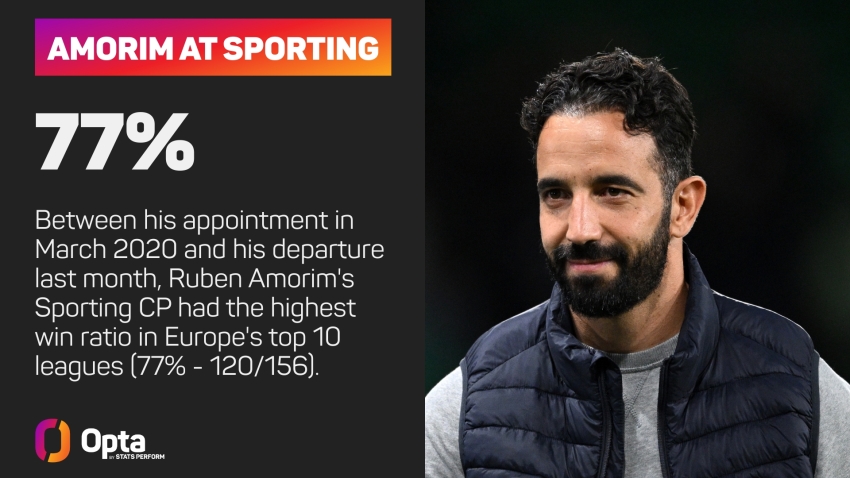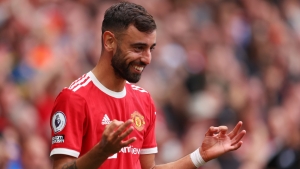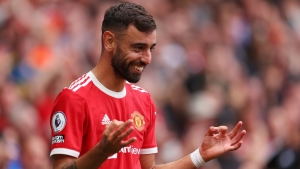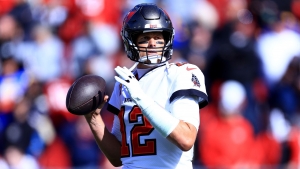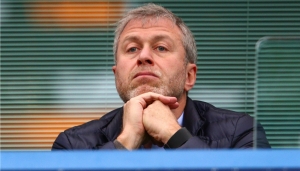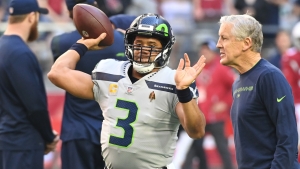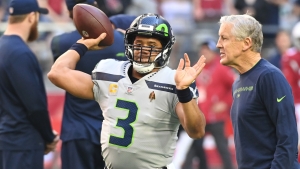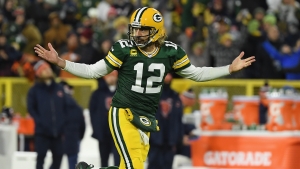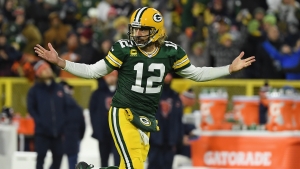Aaron Rodgers has agreed to terms on a four-year, $200million contract extension with the Green Bay Packers to make him the highest-paid player in NFL history.
The quarterback's future had been the subject of much speculation, with the four-time MVP non-committal on whether he would return to Green Bay for the 2022 season having entered the 2021 campaign in the wake of a stand-off with the Packers after his desire to leave was reported on the opening night of last year's draft.
A move elsewhere and retirement both seemed to be options on the table for Rodgers, who won a second successive MVP by leading the Packers to a NFL-best 13-4 record last season.
But relations between Rodgers and the Packers at the end of the season appeared more amiable than they were back in April of 2021.
Rodgers told The Pat McAfee show of his conversations with the franchise after the Packers' playoff loss to the San Francisco 49ers: "I would say the meetings were much different than they've been in the past, in a positive way, and that there were some real, honest conversations that I appreciated."
Green Bay's hiring of Tom Clements, who worked with Rodgers and the Packers from 2006 to 2016, as their quarterbacks coach for 2022 pointed towards him staying at Lambeau Field.
And Rodgers will now likely end his career where it started after agreeing to a deal worth $50m annually that keeps him under contract with the team for the next five seasons.
With the burning issue of the offseason resolved, Green Bay's attention will likely turn to keeping Rodgers' favourite target, wide receiver Davante Adams, on the roster and preventing him testing unrestricted free agency as the Packers plot a way to get over the hump after coming up short in the postseason yet again.
Having ended his staring contest with the Packers and reported for training camp, Rodgers' 2021 campaign was partly defined by controversy after a positive coronavirus test revealed previous misleading statements about his vaccination status, while his spread of misinformation regarding vaccines has unquestionably damaged his reputation.
On the field, he did not quite reach the heights of his magical 2020, but he still finished the regular season with 37 passing touchdowns to just four interceptions, giving him the best touchdown to interception ratio in the NFL.
Among quarterbacks with 200 passing attempts, only Justin Herbert (2.30) threw a lower percentage of interceptable passes than Rodgers (2.36).
No quarterback delivered a higher ratio of throws that resulted in a first down than Rodgers, who did so on 40.1 per cent of his attempts, while he was second in passer rating on third down (112.2) behind Kyler Murray (118.5) among quarterbacks with at least 50 attempts in that situation.
However, Rodgers was shackled by the 49ers' defense in the playoffs as the Packers went one and done, losing 13-10 in the Divisional Round in an all too familiar tale for Green Bay.
Since Rodgers led the Packers to glory in Super Bowl XLV at the end of the 2010 season, they have reached the Divisional Round of the playoffs eight times but have never returned to the Super Bowl.
Now, the 38-year-old has until the end fo the 2026 season to change that fact.











